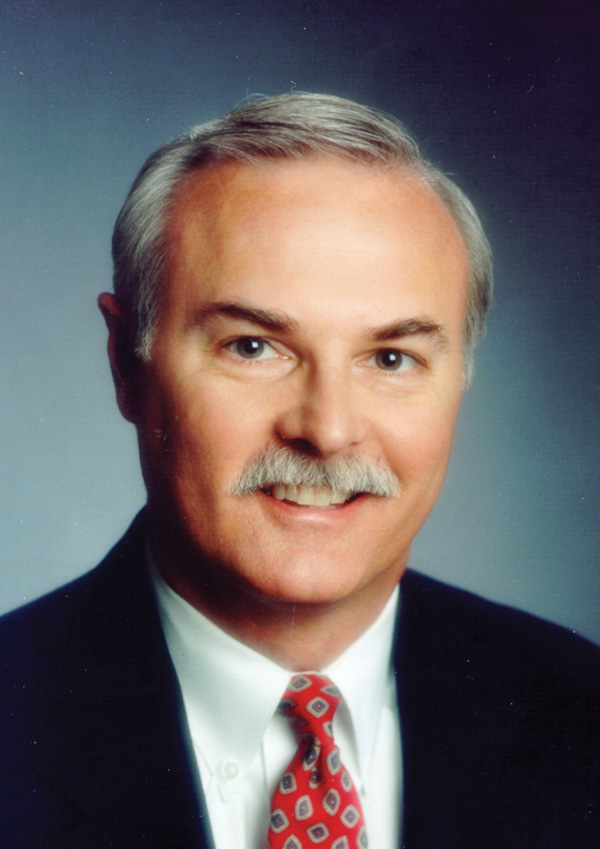
KANSAS CITY, Mo. (BP)–Does your spiritual life sometimes seem more like a burden than a blessing? Does your spirituality seem to exhaust you as often as it refreshes you? Have your spiritual practices become “just another thing to do” in an already overcrowded, stress-filled schedule? If so, then you need to simplify your spiritual life.
We should expect part of true spirituality to exhaust us, for it exists not merely for our own edification, but to serve the glory and purposes of God. Jesus’ spiritual labors occasionally so fatigued Him that He could fall asleep in an open boat in the middle of a lake during a life-threatening storm (Luke 8:22-25).
Likewise, the Apostle Paul knew the depletion of inner resources that results from the willingness to “spend and be spent” for the sake of the souls of others (2 Corinthians 12:15). All aspects of externalized spirituality — serving people’s needs, doing good works, taking the Gospel to the spiritually lost, working in church ministries — all these expend the reserves of both body and soul.
There’s a problem, though, when the inflow of spiritual renewal doesn’t replenish the outflow of spiritual ministry. For the spiritual life also should be the source of inner recreation and restoration since it is the way we most directly experience the Lord Himself in daily life. Through our spiritual disciplines (rightly motivated and practiced) come many of the most refreshing blessings of knowing Christ.
An example of how the spiritual disciplines can be an ongoing means of reinvigorating the soul occurs in Psalm 1:2-3. Frequent meditation on (and not just reading) God’s Word so continually refreshes the meditator that, “He shall be like a tree planted by the rivers of water, that brings forth its fruit in its season, whose leaf also shall not wither; and whatever he does shall prosper.”
However, as everything else in our lives becomes more complex, so can our spirituality. As one writer observed, “The pattern of over-involvement, clutter, and busyness that is a part of our lives at home and at work will follow us into our spiritual lives unless we are vigilant.” With increasing prosperity and technology come increasing opportunities and options — even in our spiritual practices — that weren’t available a short time ago. For instance, instead of simply sitting in a comfortable chair by a sunny window with our Bible, journal and pen, now we can:
— Receive devotional readings sent daily by automatic e-mail.
— Read the Bible in several of the many translations we possess, including those on our computer.
— Make journal entries on the computer by keyboard or voice-recognition software, inserting interesting graphics along with the text.
— Envelop our devotional experience with worship-enhancing audio and/or video.
But it all needs to be done faster than ever before because of the strangling demands on our time.
The growing frustrations of hurry and complexity affect the practice not only of our personal spiritual disciplines, but of our congregational spiritual disciplines (the ones we practice with other Christians) as well. There’s less time for church involvement than previously, and yet there are more church activities to choose from. We’re so far behind in so many things that sometimes we wonder if what we receive from church is worth the overwhelming effort just to get there.
In some ways we’re doing more than ever spiritually, but enjoying and profiting from it less. Many areas of our lives are productive and prosperous, yet we’ve never felt so spiritually withered. Our calendars are full, but our souls are empty.
The time has come to evaluate whether what we are doing in our spiritual lives is taking us where we want to go.
–30–
Donald Whitney is associate professor of spiritual formation at Midwestern Baptist Theological Seminary in Kansas City, Mo. This article is excerpted from Whitney’s new book, “Simplify Your Spiritual Life” (Colorado Springs, Colo.: NavPress, 2003). Copyright 2002, Donald S. Whitney. All rights reserved.
















